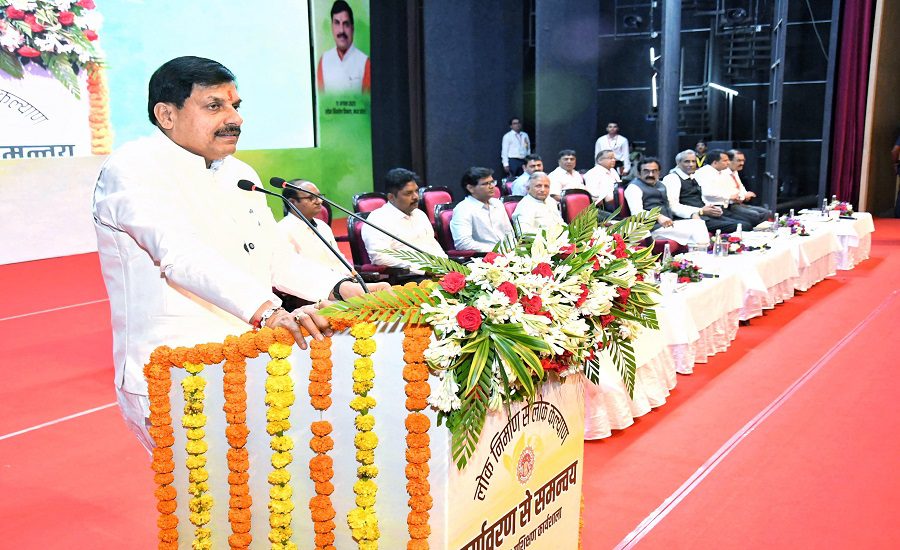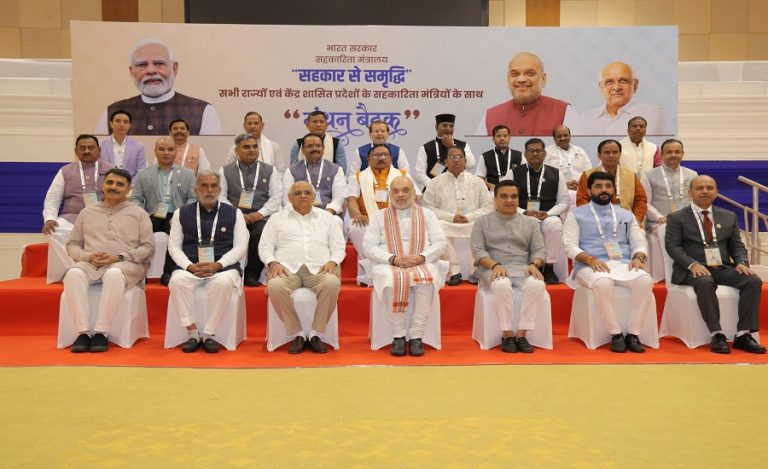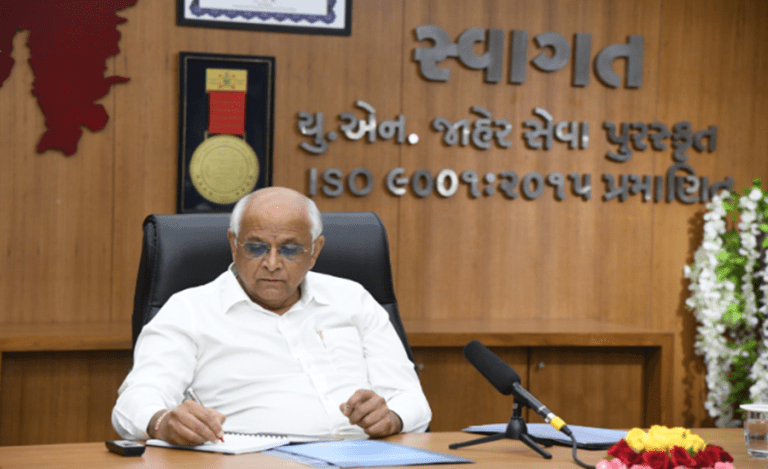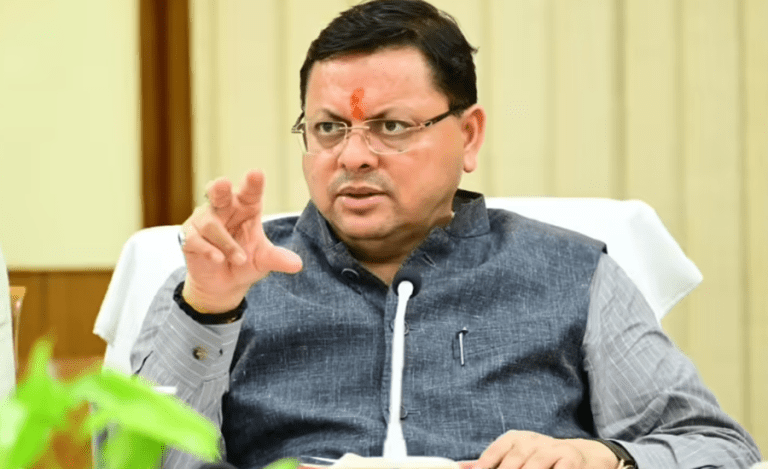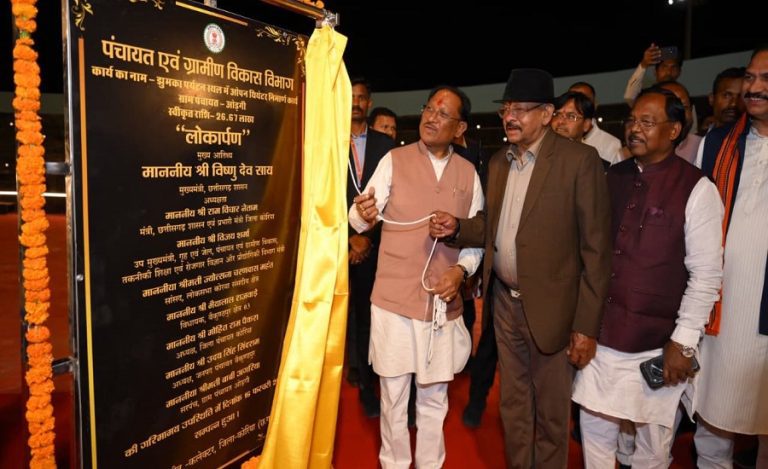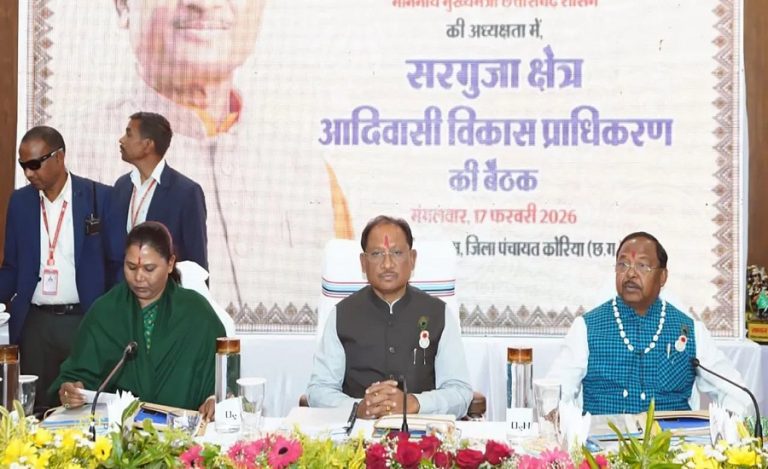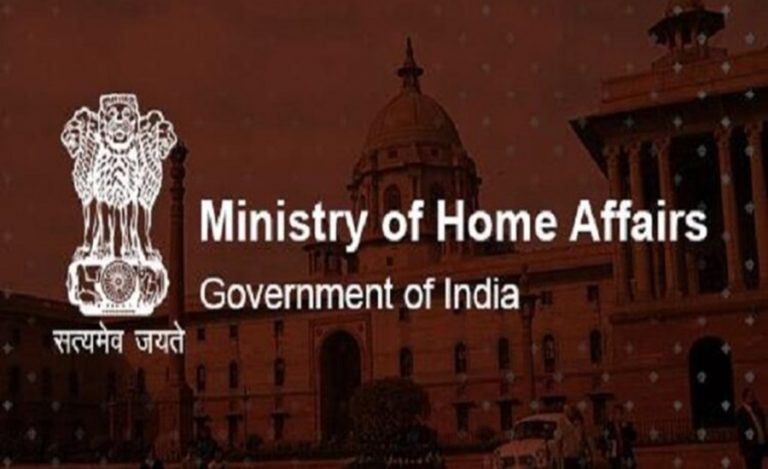Bhopal — At the inauguration of a unique seminar-cum-training workshop titled ‘Environment Se Samnvay’ at Ravindra Bhawan, Chief Minister Dr. Mohan Yadav emphasized the importance of aligning development efforts with environmental sustainability. He urged engineers and planners to adopt India’s ancient architectural wisdom and modern eco-conscious technologies to create infrastructure that respects nature while enabling progress.
Citing the Bada Talab in Bhopal as an example of sustainable heritage engineering, Dr. Yadav highlighted that “it was built by storing water between natural rocks without obstructing any river,” making it not just a decorative lake, but a practical source of drinking water with a self-regulating overflow system.
read also: MP: State Government Committed to Supporting Meritorious Students, Says CM Dr Mohan Yadav
Building for Generations: A Call for Quality and Creativity
Dr. Yadav stated that engineers must focus on quality over quantity, using cost-effective, durable, and eco-friendly methods. He encouraged public engineers to think creatively within departmental frameworks to deliver infrastructure that will stand the test of time and benefit future generations.
He also congratulated Public Works Minister Rakesh Singh and the department for organizing the workshop and for initiating a new chapter in public works that blends technical innovation with environmental ethics.
CM Commits to Wildlife-Sensitive Infrastructure and Smart Road Repairs
Showcasing the state’s wildlife-sensitive planning, Dr. Yadav noted the construction of underpasses beneath roads for safe animal crossings—particularly for tigers—without disrupting traffic. The Chief Minister reaffirmed his administration’s resolve to prioritize eco-sensitive road construction and resource optimization.
Public Works Minister Rakesh Singh announced that the time limit for pothole repairs will soon be reduced from 7 days to just 4 days, made possible through the Lokpath mobile app. He added that bitumen will now only be procured from government refineries to ensure construction quality.
Eco-Friendly Commitments by PWD
Minister Singh also unveiled several environment-positive decisions by the department:
- Rainwater harvesting to be implemented in all department buildings
- Groundwater recharge bores every kilometer along roads
- Ban on plastic bottles in department offices
- Solar panel installation on all government office rooftops
- Green campus initiatives and Lok Kalyan Sarovars built using soil from construction work
He highlighted how ancient Indian engineering—like the 2000-year-old Anay Kattu dam in Trichy and 7000-year-old bricks from Mohenjodaro—still inspire today’s sustainable practices.
Gati Shakti Platform: Data-Driven Governance in Action
The seminar also included an expert session on PM Gati Shakti, addressed by T.P. Singh, Director General of Bhaskaracharya Institute. Singh said that the platform has revolutionized planning through the integration of spatial, land, and infrastructure data across departments, resulting in faster, more transparent decision-making.
He credited Chief Secretary Anurag Jain and CM Dr. Yadav for Madhya Pradesh’s advanced deployment of AI, GIS, space, and IT technologies in public works. Singh also mentioned that tools to digitize and automate NOC processes are nearing completion and have already been piloted in several states.
Engineers as Guardians of Future Development
Environmentalist Gopal Arya, the All India Convenor, passionately addressed the role of engineers, calling them not just “technical builders” but “guides of development.” He emphasized that a developed India must rest on eco-friendly infrastructure and that engineers must carry the responsibility of sustainability.
Arya encouraged engineers to see tree plantation not as a formality but as “life insurance for seven generations.” He also spoke of public participation in conserving biodiversity, water, and reducing plastic use as vital to sustainable development.
Technical Innovations and Departmental Modernization
In the second session of the workshop, engineers were introduced to department-specific digital tools including:
- Mobile apps for road maintenance
- GIS portals for project mapping
- Learning Management Systems for technical training
- Integration platforms for centralized resource management
Over 1,700 engineers participated in the workshop, both physically and virtually, making it a landmark event in the technical governance history of Madhya Pradesh.

